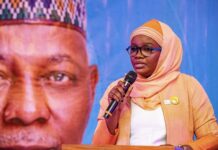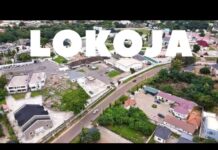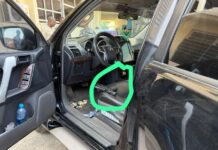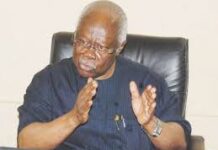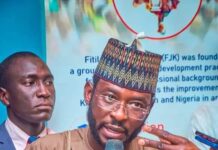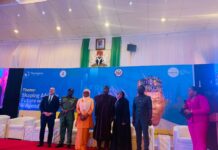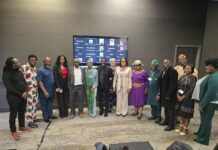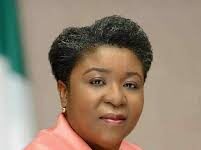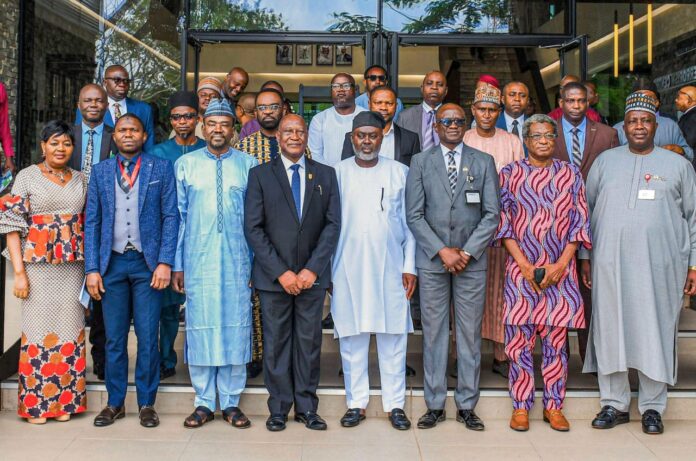
CCC Advocates for Enhanced Military-Media Collaboration in Counterterrorism Efforts
The Centre for Crisis Communication (CCC), has emphasized the crucial role of media communication in counter-terrorism operations and called for a strengthened partnership between the military and the media in the fight against terrorism in Nigeria.
Speaking at a Strategic Media Engagement on Counter Terrorism Concerns organized by the National Counter Terrorism Centre (NCTC) in Abuja, the Chairman CCC, Major General Chris Olukolade (Rtd), noted that the fight against terrorism and insurgency is relatively new to both the military and the media, leading to occasional strains in their relationship.
“There is no consensus on the challenges and expectations placed on each other, and the military’s perceived posture as the sole defender of national security often isolates the media, breeding mutual suspicion,” Olukolade said.
He, however, stressed the imperative of media communication in counter-terrorism efforts, highlighting how the media can be leveraged to raise public awareness, gather intelligence, manage crises, engage local communities, influence terrorist sympathizers, and promote international cooperation.
Olukolade recommended that the military and media should expand avenues for sustainable engagement, strengthen the practice of embedding journalists, provide professional training for journalists, encourage communication between military and media chiefs, and develop new financing models for public information efforts.
“National security is a shared responsibility, and the strategic handling of reports will decrease fear and weaken the recruitment and financing base of criminals,” Olukolade said, urging both parties to frame the war against terrorism as a war between Nigeria and criminals.
Read Also:
Earlier in his remarks, Major General Adamu Garba Laka, Coordinator of NCTC emphasized the multifaceted nature of national security during his address. He noted that security encompasses not only military but also non-military dimensions, including border security, geostrategic concerns, demographics, cyber threats, resources, and socio-economic factors. According to Major General Laka, addressing Nigeria’s security challenges requires a comprehensive, Whole-of-Society approach that extends beyond traditional military and law enforcement responses.
The NCTC, he explained, employs both kinetic and non-kinetic strategies to combat the diverse security threats facing the country. “Security matters are not confined to the military, police, intelligence, and other law enforcement agencies as many people assume,” he stated. Instead, the Centre advocates for an all-inclusive approach, engaging various sectors of the Nigerian economy in the fight against terrorism and other forms of violence.
Prof. Emman Shehu, a guest speaker at the event, delivered an insightful presentation titled “Understanding Public Information Dissemination Platforms and Strategies for Effective Use in Countering Extremist Ideologies/Narratives.” His address underscored the importance of leveraging media platforms to counteract extremist propaganda and promote narratives that support peace and stability.
In his remarks, Barr. Zakari Mijinyawa, Special Adviser on Strategic Communication at ONSA, urged media personnel to maintain their integrity in reporting, cautioning against sensationalism that could instill fear or inadvertently glorify acts of terrorism. He highlighted the media’s role as shapers of public perception and called for courage and professionalism in their work.
The event, which brought together key stakeholders in the security and media sectors, underscored the importance of strengthening the military-media partnership in the ongoing efforts to defeat terrorism and insurgency in Nigeria.





